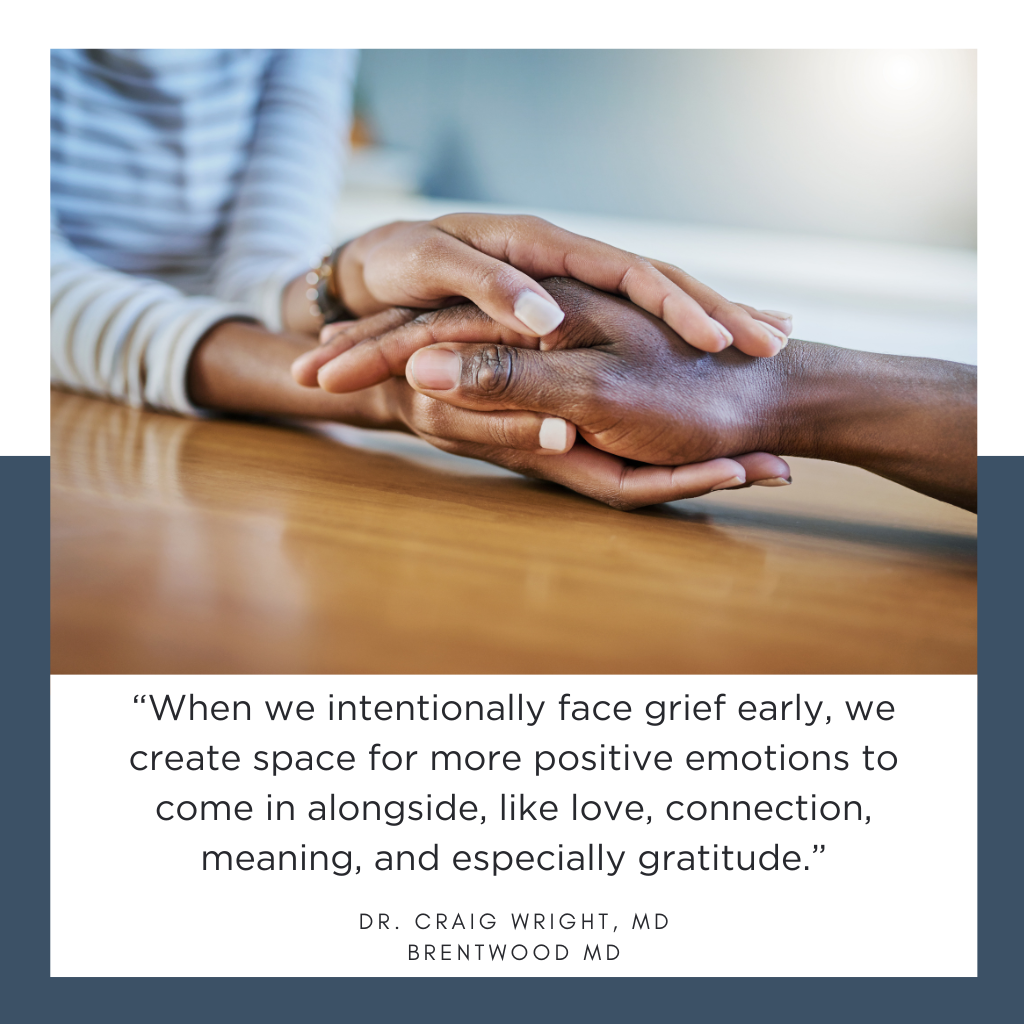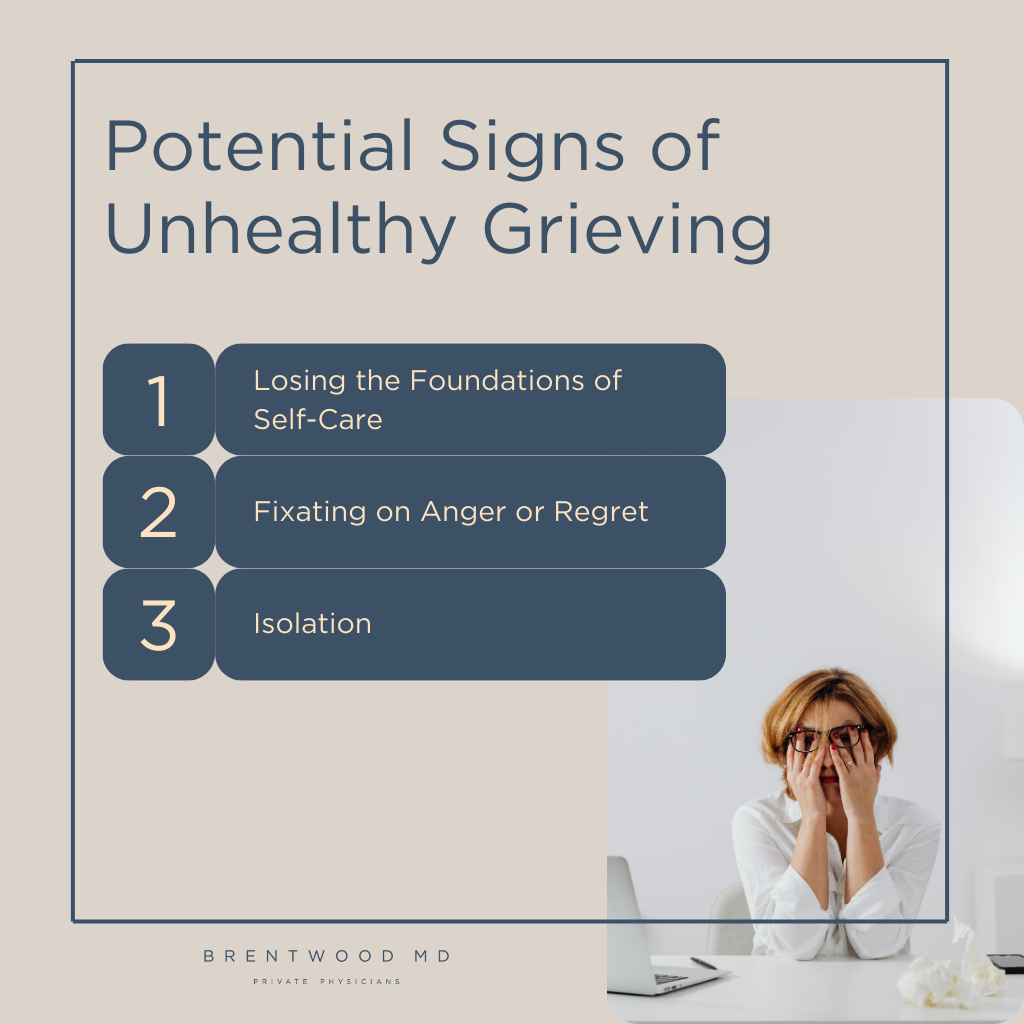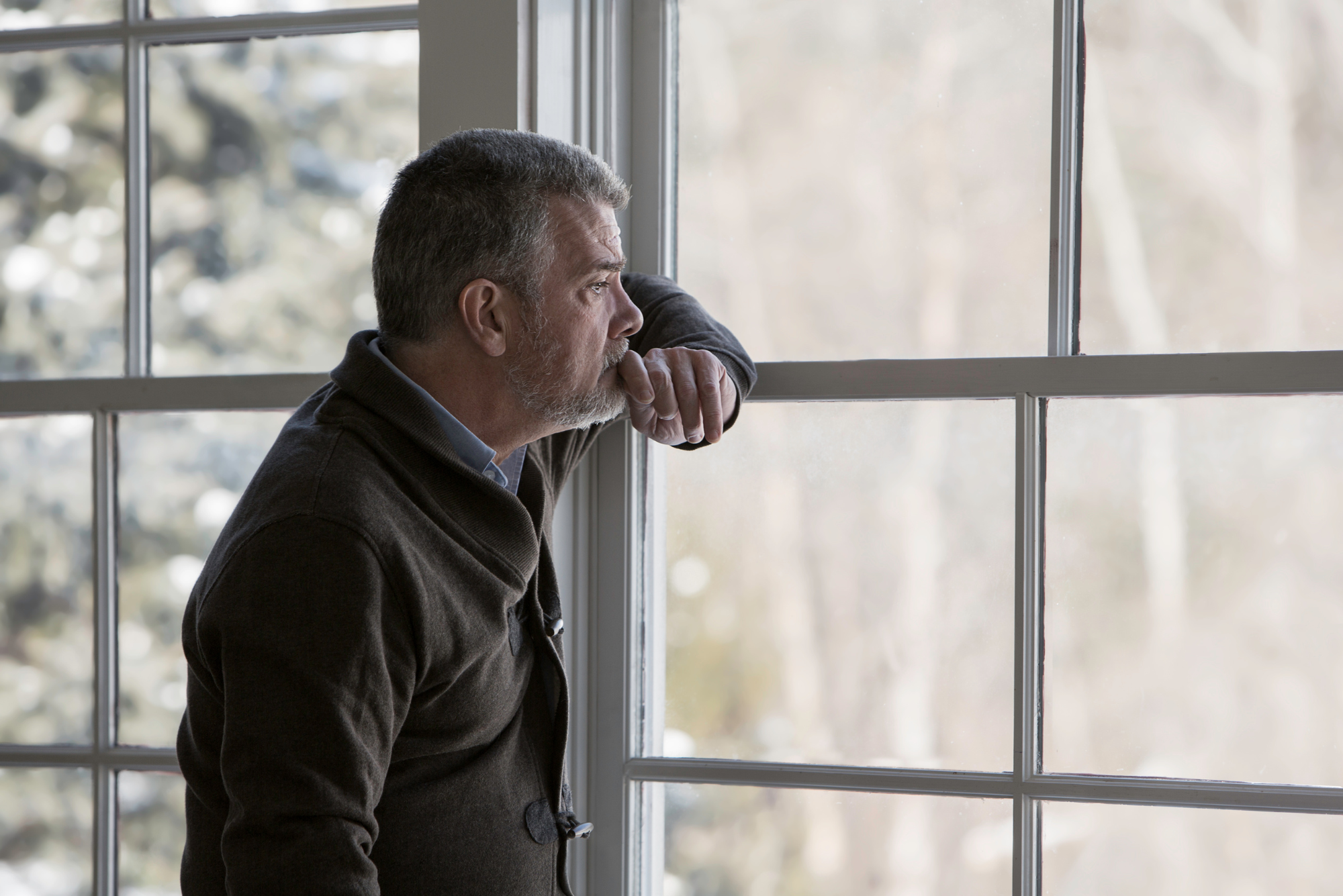Grief is an emotion we all know we’ll experience at some point in our lives. And, because we tend to view grief as wholly negative, we try to push it off as long as possible.
We don’t want to deal with grief until we’re forced to.
Grieving is a natural response to change and loss, inevitabilities we all face. I’ve found that taking a proactive approach to grieving — starting the process early, before a loss occurs — can transform it into a much more positive, meaningful experience.
Gradual vs. Sudden Loss
To be clear, the grief I’m discussing here is the grief of gradual loss. It’s grief that stems from the types of loss or change we all know come with life, but which we’d of course rather not face.
Sudden, tragic loss involves a different kind of grief, one I’m not attempting to suggest you can prepare for. There’s no preparing for the sudden death of a loved one or a sudden loss of physical health. However, some griefs we can see coming, and we can face them as they approach.
An Analogy for Understanding Grief
When considering grief — the kind that can be anticipated — I imagine little children playing along the seashore. Whenever they aren’t paying attention, even a small wave rolls in and knocks them over. But as they gain more experience, they learn to look out at the waves building offshore. They discover how to judge the size of an oncoming wave and prepare themselves so they don’t get knocked down.
It’s similar with grief. If we put off grieving until a loss or change actually happens, it can feel like a huge, unexpected wave hitting us out of nowhere. We’re knocked down, tumbling in the ocean, finding our feet again with difficulty.
However, if we allow ourselves to look a little farther out, we can see the wave building. Then, rather than looking away from the grief that’s coming, we prepare ourselves for it. We allow the grief in early. Yes, the wave will still come, but we have a much better chance of staying on our feet.

Where We Grieve
Though I’ll focus on three of the most common areas of grief I encounter in my role as a physician, almost any type of loss or change can bring with it one level or another of grief. My hope here is to offer a way to help you face and process that grief in a genuine yet healthy way.
When we intentionally face grief early, we create space for more positive emotions to come in alongside, like love, connection, meaning, and especially gratitude. By the same token, we also reduce the chances of some of the more painful aspects of grief — regret, anger, and isolation — from taking root within us down the road.
Loss of a Loved One
Perhaps the most painful of all grieving experiences, the death of a loved one is no small wave. Even prepared, the impact will likely rock us on our feet.
That said, at a certain point we all begin to recognize the signs of aging in our parents and loved ones. When we refuse to look away, we gain the opportunity to acknowledge a looming reality: our time together is limited.
While this recognition is painful, it’s also a gift. It allows us to prioritize time together, to show appreciation and love, and to cherish every moment. We can resolve the unresolved and make new memories together. And, when our loved one passes on, we aren’t left with a sense of things left undone or opportunities missed.
This is a powerful prevention against one of the most challenging aspects of grief for many: regret.
Losses from Aging
Both in our own lives and in the lives of our older friends and family members, we see abilities, independence, and positive aspects of life that gradually decline with age. These remind us of our own aging and the losses it will bring.
Understandably, we may prefer to look away from a future in which we lose some of our cherished capabilities. But when we face that inevitable grief early, it puts us in a mindset of gratitude for the present and motivates us to fully embrace the abilities we still possess. It spurs us to take proactive physical, cognitive, and relational steps to nurture those abilities and preserve them as long as possible.
Besides the clear health benefits of such a course, this path also minimizes the negative emotions — regret, anger, bitterness — that can accompany and even overpower grief as we age.
Changes Throughout Parenting
As parents, we know our kids will grow up and leave the nest. Though this change is natural and even positive, it’s still a source of grief for parents. We’ll miss our children.
It recently hit me that my daughter will likely leave home in only eight years, heading off to college and life on her own. Grieving that transition now, while she’s still young, brings me a helpful perspective when the minor daily frustrations of parenting arise. It allows me to cherish the ordinary, messy, beautiful moments we still share.

Signs of Unhealthy Grieving
Grieving looks different for every person. There’s no prescribed “right way” to go about it. For that reason, it’s often difficult to clearly distinguish between healthy and unhealthy grieving. On the surface, they may look the same.
As a physician, however, I’ve noticed a few key signals that a person may be getting stuck in an unhealthy pattern of grief:
Losing the Foundations of Self-Care
Losing sleep, appetite, and/or exercise are perfectly normal and reasonable reactions to grief. It’s when grief starts to have persisting impacts on physical and mental health that it becomes worrisome.
When grieving starts negatively affecting the foundations of health — sleep, nutrition, exercise, stress management, relationships/spirituality — over a long period of time, it can hold someone back from healing.
Fixating on Anger or Regret
Regret, frustration, helplessness — these are all understandable, normal emotions to experience after a loss. It’s when a person becomes stuck in anger, or stuck in regret, that they’re unable to move forward through their grief in a healthy way.
Isolation
Some losses we share with others, such as the loss of a family member. But we can’t always share our grief. Many people hold back what they’re feeling, at least in part, to avoid overburdening others. Or, they don’t feel prepared to take on the burden of someone else’s grief, so they avoid connecting over a shared loss.
While you may not be able to grieve together with a loved one, grieving in isolation is unhealthy as well. This is one area where a trusted physician can help. When you can’t speak with your usual sources of support, having an empathetic but objective person outside of the situation can provide an avenue of relief.
Conclusion
As a doctor, my role isn’t just treating immediate health concerns. I’m here to promote my patients’ long-term well-being. This means going beyond physical health alone, looking at the whole person and their whole life context — which includes grief.
My hope is that this understanding of grief can help you approach this difficult yet inescapable emotion in a more proactive and empowering way. It’s not about denying the pain a wave of loss may bring, but looking out toward the horizon and being prepared with love and gratitude.

Dr. Wright joined Brentwood MD in 2022 as the model allows him to spend more time connecting with patients and build a foundation of exceptional care. He is a Nashville native and completed his family medicine residency at the University of Tennessee Health Science Center, where he also served as Chief Resident. He believes that your health deserves a prominent position on your priority list, and would be honored to serve you and your family.







